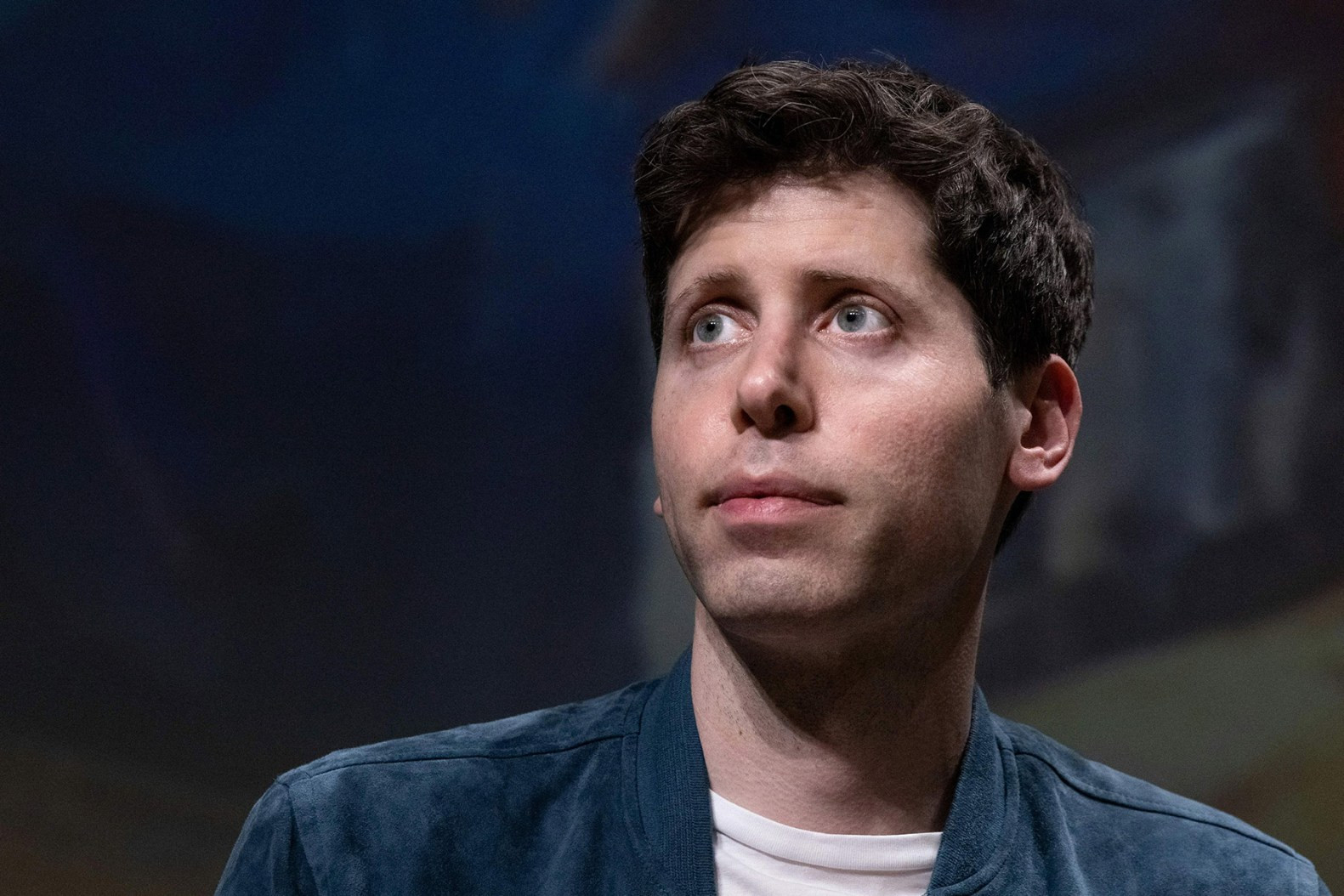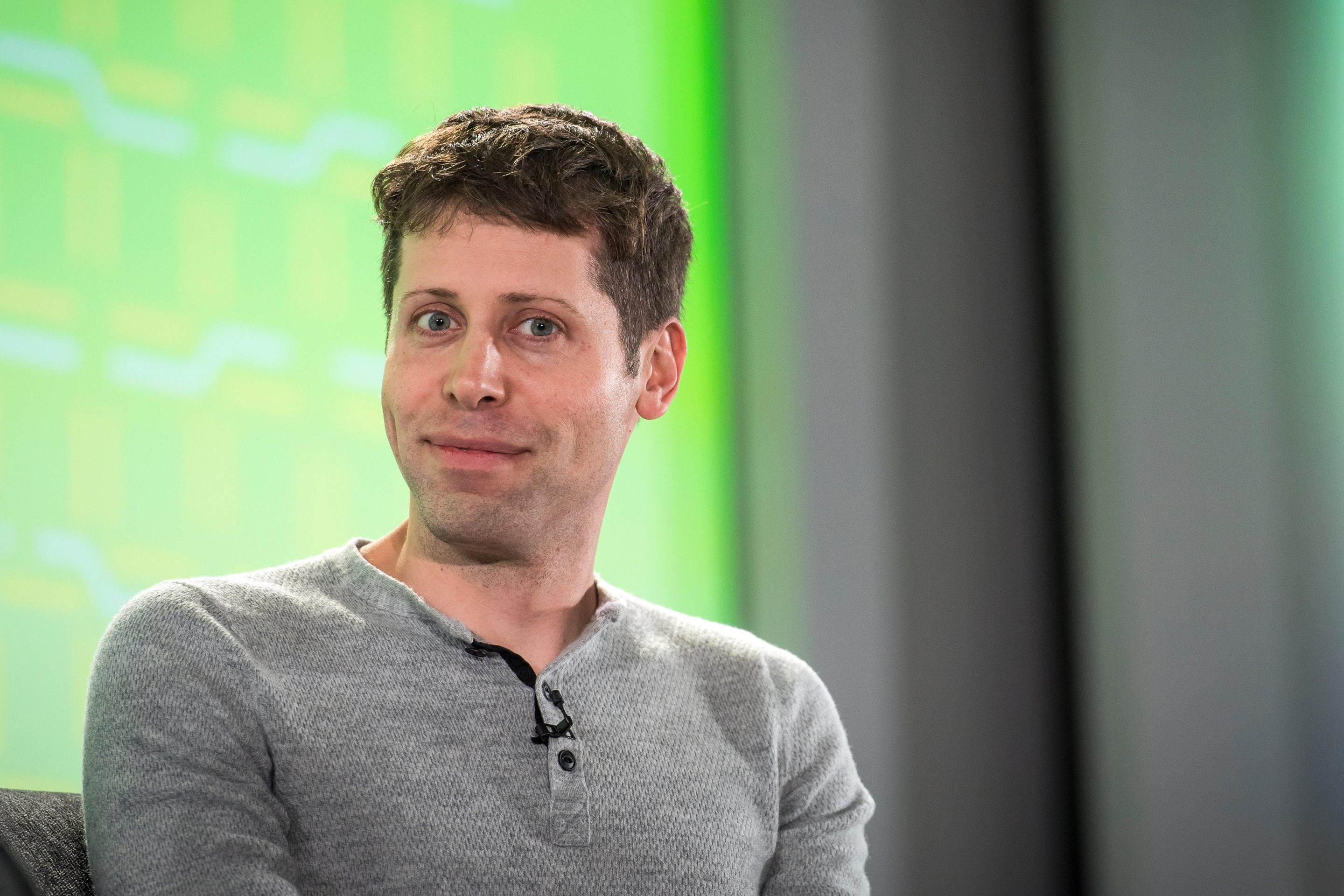OpenAI CEO Sam Altman has refuted claims linking the recent departures of three senior executives to a planned restructuring of the company. Speaking at the Italian Tech Week conference, Altman clarified that the personnel changes were unrelated to the ongoing discussions about restructuring, which he stated have been under consideration by the board for nearly a year.
OpenAI's Chief Technology Officer, Mira Murati, announced her departure on Wednesday, followed shortly by the resignations of two senior research executives, Barret Zoph and Bob McGrew. This news coincided with a Reuters report revealing OpenAI's plans to restructure its core business into a for-profit benefit corporation, aiming to attract more investors.
Addressing the rumours, Altman stated, "That's totally not true," referring to the alleged connection between the departures and the restructuring. He highlighted that the board has been independently considering the restructuring for almost a year.
"A lot of the stuff I saw was also just totally wrong, but we have been thinking about that (restructuring), our board has, for almost a year, independently, as we think about what it takes to get to our next stage.”
Altman expressed his appreciation for the departing executives and his optimism about streamlining the company's structure. He also hinted at a desire to increase his involvement in technical aspects of the business.
"I have not been as involved in the tech recently as other things, because there's been so much going on, I'm excited to do that," he said.
While details of the proposed restructuring are still being finalised, sources suggest significant changes are on the horizon. The timeline for completion remains uncertain.
OpenAI's Restructuring: A Deeper Dive
OpenAI's move towards a for-profit model has sparked much debate, particularly given its original non-profit status. While the details of the restructuring remain under wraps, the company's decision to seek a for-profit status signals its ambitions to tap into a larger pool of investors and fuel its growth. It will also likely involve a shift in governance and a potential change in its organizational structure.
Impact of the Restructuring on OpenAI's Mission
OpenAI's mission to ensure that artificial general intelligence benefits all of humanity has been a driving force behind its endeavors. The move to a for-profit model raises questions about how this shift might affect its commitment to this mission. Concerns arise about potential conflicts between pursuing commercial interests and upholding its core values.
The company has attempted to address these concerns by stating that the non-profit entity will remain intact and be granted a minority stake in the for-profit side. This structure suggests that OpenAI aims to maintain a balance between its commercial aspirations and its commitment to its original mission.
The Future of OpenAI in a For-Profit World
The success of OpenAI's restructuring will depend on its ability to navigate the complexities of balancing commercial interests with its ethical and societal responsibilities. The company's commitment to its core mission, along with its ability to attract and retain top talent, will be crucial factors in its future success.
The transition to a for-profit model presents both opportunities and challenges for OpenAI. The company will need to carefully consider how its new structure will impact its operations, its relationships with stakeholders, and its ability to continue to advance its mission of creating beneficial artificial general intelligence.


















